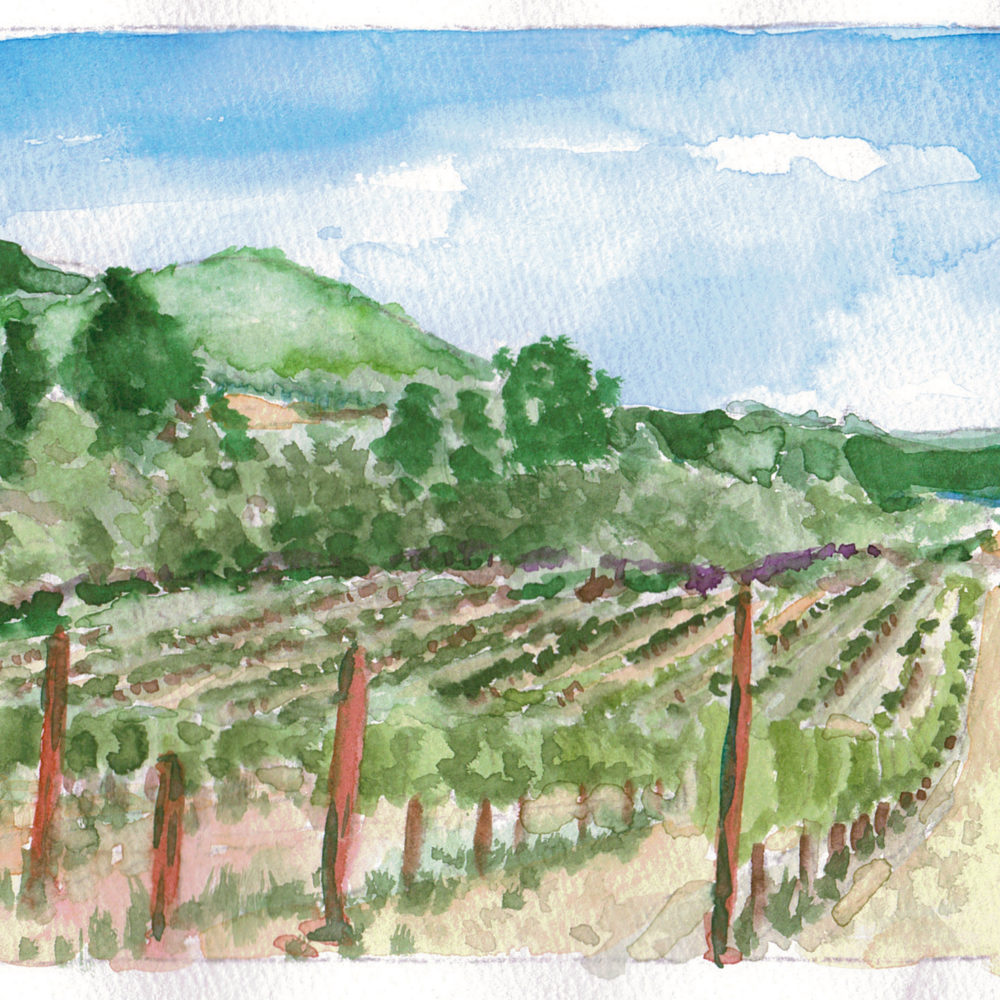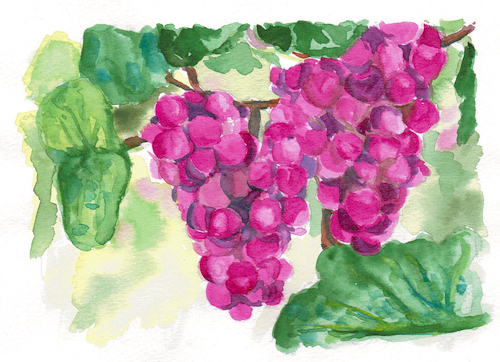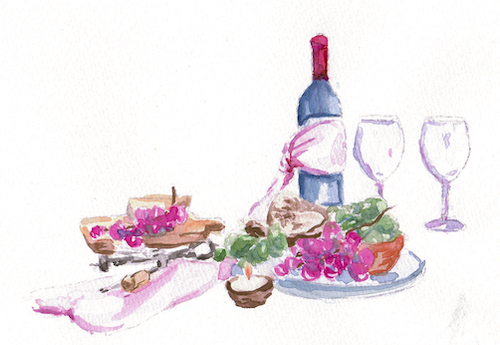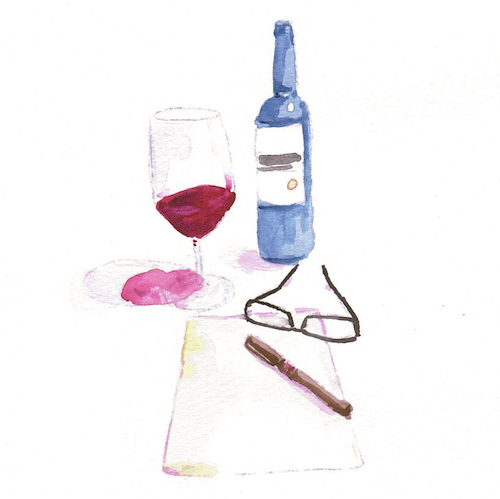
What The NYT Wine Critic Has to Say About What Makes a Good Wine
When I got on the phone with Eric, his demeanour was not at all what I was expecting from a wine critic. His tone was humble, and instantly made me feel welcome.
Eric writes about wine, makes critical judgments about it, and puts it in a cultural context — his expertise is quite impressive. But what I found most notable about him is not his knowledge, but his humanistic and thoughtful view of the role wine plays in our lives.
Graduating from Wesleyan University as a double major in American Studies and History, he initially seems like an unlikely candidate for a wine critic. With no particular commitment to journalism, he was first hired in national news post-graduation, and then made the transition to freelance in the food and wine section. Falling in love with the sector, over the course of a few years he carved out his own section in the New York Times and now he has been working there for more than 30 years.
It didn’t seem clear to me how someone with no formal training in wine came to be the leading wine critic for one of the biggest newspapers in the United States. When I asked him about it, he gently corrected me,
“You know, I don’t think that I would become more authoritative if I had a couple of letters after my name indicating I had passed a wine course somewhere. I think that there’s a fundamental misunderstanding in this country which persists. Wine is a rational and academic exercise but it’s as much emotional, and here is where I draw the connection to my training at Wesleyan. It’s historical and critical, and the ability to identify a particular comment of wine by tasting it blind is often misunderstood to be a qualification for writing about wine. Whereas I think that it’s much more important to be able to think historically and critically about wine.”

When did you first become interested in wine?
“It began when I went to France for the first time with my parents, back in the 1970s. It was a huge revelation. To see wonderful ingredients, beautifully prepared and taste these flavors that were alive rather than the unknown canned or frozen vegetables we were used to. I told myself then, this is a pleasure that I want to have again and again in my life. So wine became very important to me.”
What makes a good wine?
“Well, good wine very much reflects the people and the place that it was made, and wines from Europe, especially from historic wine regions, are part of a local folk tradition. Like the music and the food and the dance, people grew and made wines for historic and cultural reasons. It embodies the place that the grapes are grown.”
Do you have a favorite memory associated with wine?
“Well, not one single moment. But what I love about wine is how intertwined it is with memories and places and events and emotions. And, you know, that’s what I associate wine with. Sharing great meals, great moments, great experiences with family and friends.”

As a complete beginner, how do I choose a wine? What should I know?
“The first thing I would say would be to find out whether you like wine and how much you care about it. I mean, I think everybody’s feeling about wine is personal and it’s a lot easier if you can sort of eliminate the voices in your head that tell you what you ought to know. Once “the ought” and “the should” have been eliminated, you can fulfill what you’d like. In any event, if you do like wine in general, I tell people to try to drink a lot of different wines.”
I laughed, because although it seems obvious enough it is a good and very important question to ask yourself first.
Okay, but what about canned or boxed wines? Are these valid choices too?
“Every genre of wine no matter what, there are good versions and there are bad versions, and things like cans and boxes, they are just containers. The people attach connotations to them but that says more about the people than it does about the product. In fact, transitioning the familiar wine bottle to reusable bottles or bigger jugs could be better for the environment, because it turns out that the production and shipping of wine bottles is one of the biggest sources of greenhouse gases that there is to wine.”
You’ve been a wine critic for over 30 years. How do you keep finding new material to write about?
“I mean, wine is just such an open ended subject. People think you’re just writing about something that’s in a glass, but it’s really about people and personalities. It’s about history and culture, politics and economics, and increasingly about agriculture and climate. There’s just so much to write about, so much that I haven’t gotten to yet that I hope to get to.”


If you enjoyed this piece, please feel free to let me know at kokumura@kakikata.space! I would love to hear your thoughts and comments.
Cheers, Kaki 🥂